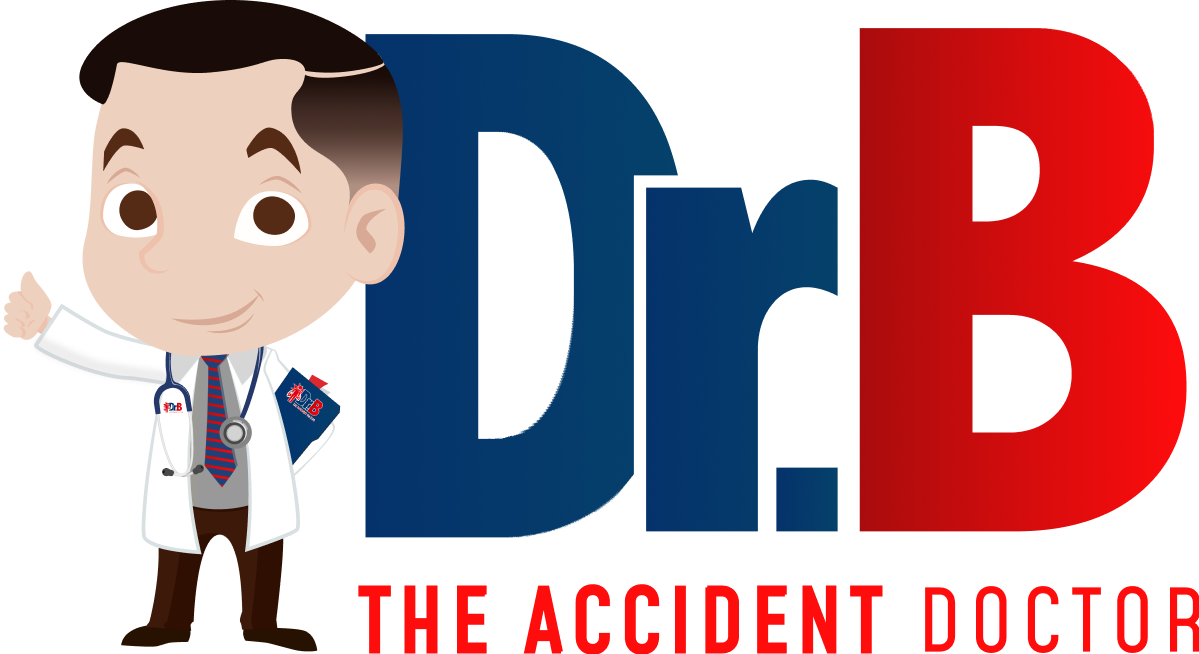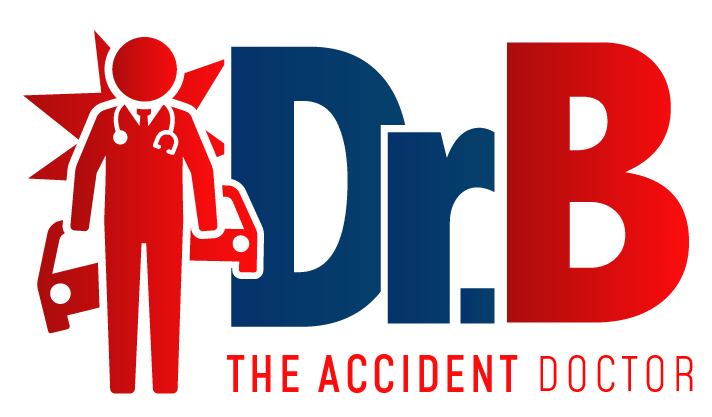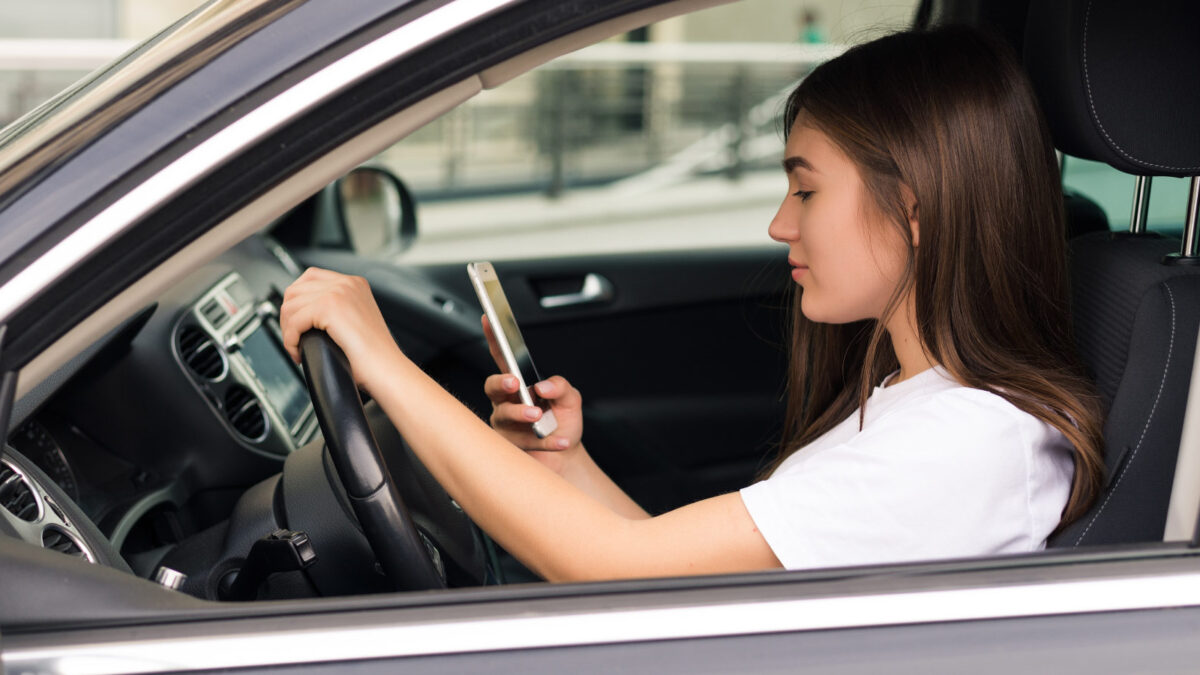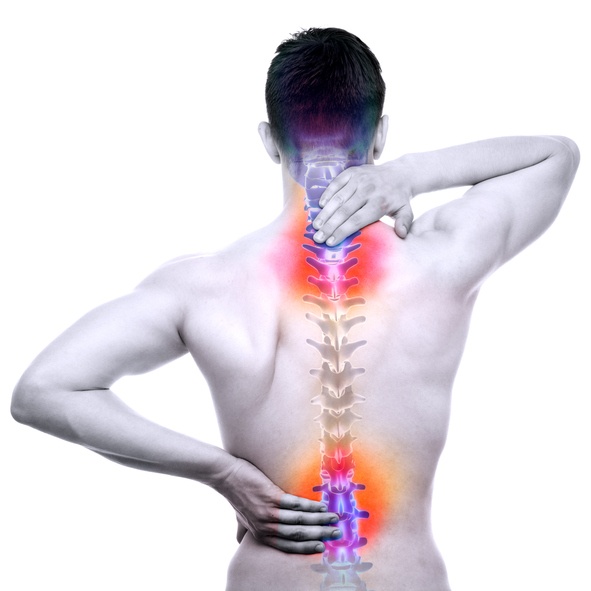Distracted driving has dire consequences. About 9% of traffic deaths result from distracted driving each year. And the problem has grown. From 2018 to 2019, the number of deaths caused by distracted driving increased by nearly 10%.
Many states have enacted laws to cut down on distracted driving crashes. These laws range from restrictions on texting while driving to outright bans on handheld cell phone use.
But ultimately, the responsibility for reducing distracted driving accidents rests with drivers. Here are six suggestions on how to prevent distracted driving.
How to Prevent Distracted Driving
Anything that diverts your mind, your eyes, or your hands can increase your risk of causing a distracted driving accident. As a result, drivers can avoid most distracted driving accidents by simply cutting down on things that may take their attention away from the road.
- Put Electronics Away. Electronic devices take your eyes, hands, and mind off of driving, even when you use hands-free earbuds or speaker systems.
- Snack Wisely. Ideally, you would refrain from eating and drinking while driving. But realistically, most people eat and drink in the car. So choose what you eat and drink wisely.
- Secure Your Pets and Children Before Driving. When you have pets or kids in your car, make sure they are seated. In the case of kids, have everything they need close to them before you start driving.
- Speak Up. When you ride with someone else, point it out if a distraction has drawn their attention away from driving.
- Set a Good Example. Parents often wonder how to prevent distracted driving when their children are the ones out on the road. Setting boundaries can help.
- Pull Over. No task justifies distracted driving. You always have time to pull over to reduce the risk of a crash.
Tip #1: Put Electronics Away
Electronic devices take your eyes, hands, and mind off of driving, even when you use hands-free earbuds or speaker systems.
Most people understand the danger of texting or emailing while driving. The average person reads four to five words per second. The average text message takes about seven words. This means that reading a text message will take your eyes off the road for about two seconds.
At a modest 30 miles per hour, your car travels 44 feet every second. This means that your car travels nearly the length of a basketball court during a brief two-second glance at your phone. And at 65 miles per hour, your car travels the length of a football field in the three seconds it takes to read a twelve-word text.
But even talking on the phone while driving can distract your mind. In a 2018 study, psychologists found that talking while driving reduced drivers’ ability to:
- Detect road hazards
- Spot vehicles, cyclists, and pedestrians
- React to emergencies
- Remain in a lane
- Maintain constant speed
You should find a way to keep your electronics from interfering with your driving. Put your electronics away, silence them, or install an app that sends an automated response when the phone is in motion.
Tip #2: Snack Wisely
Eating and drinking can distract your attention from the road. Your hands are handling food rather than controlling your vehicle. And a spill could cause you to become preoccupied with cleaning up the spill rather than focusing on driving.
Ideally, you would refrain from eating and drinking while driving. But realistically, most people eat and drink in the car. So choose what you eat and drink wisely.
Do not choose messy foods. Instead, choose foods that are already packaged in bite-sized portions.
And if you drink hot drinks in the car, use a reusable travel cup with a tight-fitting lid, rather than a disposable paper cup. Paper cups are more prone to spills. Nothing would distract you more than hot coffee in your lap!
Tip #3: Secure Your Pets and Children Before Driving
While electronics get much of the blame for distracted driving accidents, anything that draws your attention from the road can result in a crash.
When you have pets or kids in your car, make sure they are seated. In the case of kids, have everything they need close to them before you start driving. Digging through the diaper bag for a pacifier will distract you just as easily as texting can.
Tip #4: Speak Up
Distracted driving causes harm beyond the distracted driver. Distracted driving can result in injuries to passengers, pedestrians, cyclists, and other motorists. Your responsibility in learning how to prevent distracted driving extends to helping other drivers.
When you ride with someone else, point it out if a distraction has drawn their attention away from driving. Some drivers engage in distracted driving behaviors without thinking. Speaking up when someone else texts or puts on makeup while driving could save both of your lives.
Tip #5: Set a Good Example
Parents often wonder how to prevent distracted driving when their children are the ones out on the road. Setting boundaries can help. Many states have laws that prohibit all use of electronics by young drivers, and parents can reinforce this by pushing their teens to install apps on their phones that automatically silence the device while driving.
Parents can also set a good example for their children by making a deliberate effort to avoid distracted driving. If a young driver sees a parent drinking coffee, putting on makeup, and texting while driving, they might emulate those habits.
Tip #6: Pull Over
No task justifies distracted driving. You always have time to pull over to reduce the risk of a crash.
Studies show that humans simply cannot multitask. Pulling over will allow you to devote your full attention to your task at hand, then focus on driving after you complete it. In many cases, you will find that this makes you more efficient.
Were you injured in an accident?
Schedule an appointment with us today
Make an appointment today: 210-342-2777
